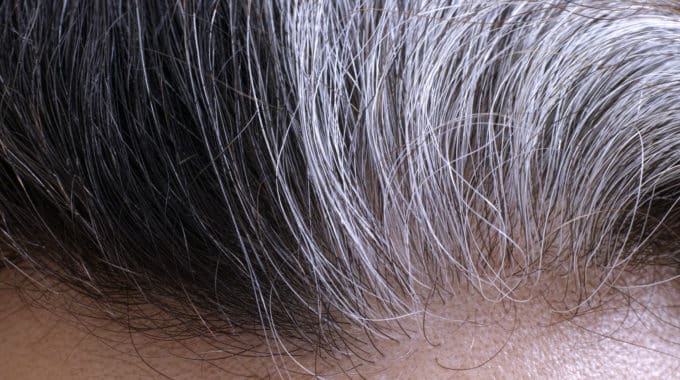
New Hope For Hair Loss
by Dr. Vladimir Ratushny, M.D., Ph.D.
Hair loss is a common disorder affecting both men and women that can lead to significant psychological distress. A board-certified dermatologist is the best trained physician to perform a thorough hair loss assessment. Dermatologists assess your hair loss in the context of your overall health, diet, heredity and are able to diagnose numerous scarring and non-scarring hair loss disorders.
There are currently a limited number of medical treatment options for hair loss. For both male and female hair loss, minoxidil (Rogaine) is a topical treatment option that has been shown to decrease hair shedding and increase hair count. For men, an oral medication called finasteride (Propecia) is an effective hair loss treatment which delays male pattern hair loss and allows men to regain some of the hair they lost. Surgical hair restoration using hair transplantation is the only permanent solution to hair loss. However, even this procedure can be limited by the fixed number of donor hair follicles from the back of the scalp. As such, research into further hair loss treatments is necessary to offer patients more options and to complement current solutions for hair restoration.
A recent study in the journal PLOS Biology, published in May 2018, identified a potential new medical treatment option for hair loss. The research was based on the observation that a potent immunosuppressive used in organ transplantation called cyclosporine induces hair growth. The scientists found that cyclosporine functions to induce hair growth through suppression of the SFRP1 protein. The scientists then identified WAY-316606, a specific pharmacologic antagonist that directly inhibits the SFRP1 protein. WAY-316606 was shown to enhance hair growth and prevent hair regression in an ex vivo model using human hair follicles. Using such a targeted approach to treat hair loss may avoid the toxicity and side effect profile of the broadly immunosuppressing cyclosporine. While human clinical trials are necessary before the safety and efficacy of WAY-316606 can be established, these findings identify a novel potential treatment option for hair loss.


